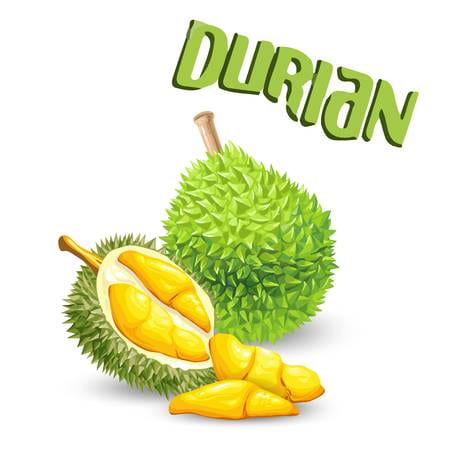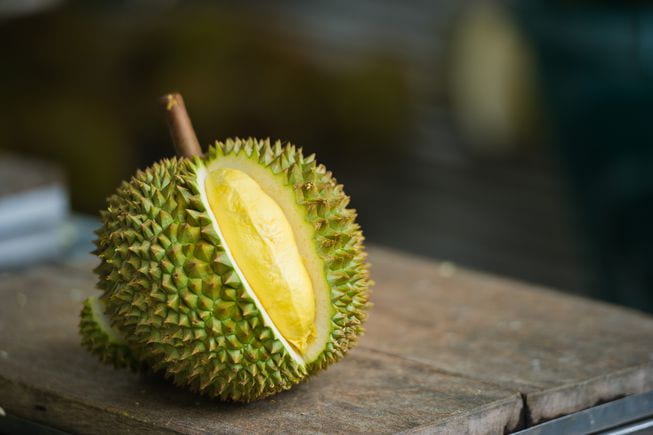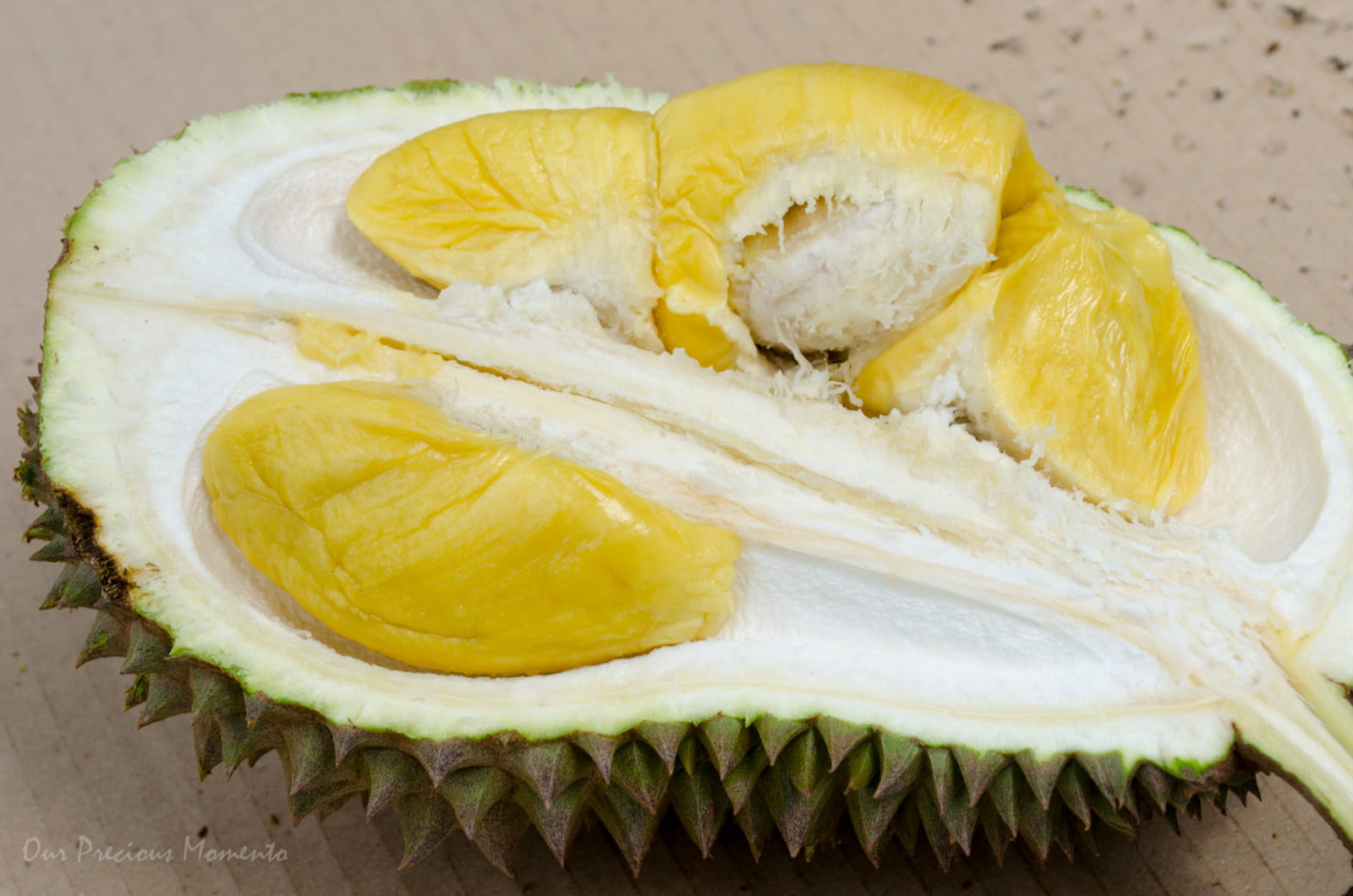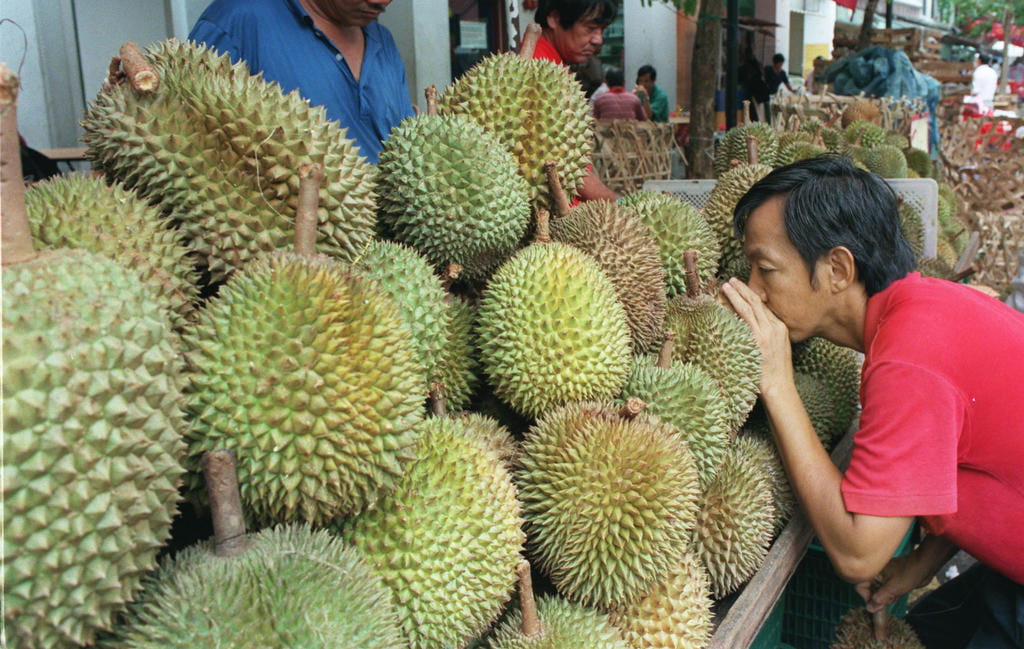While durians are seldom exported from four specific origins: Indonesia, the Philippines, Malaysia, and southern Thailand, I grew up thinking they were a common American fruit. Although foggy, I still retain a few memories of observing my dad buy one or two durians. My dad is a Taurus, which in astrological terms translates as: my dad has an innate love for food. He takes me out to try new restaurants a good amount, but we mainly stick to our favorites, such as Tokyo One, Red Lobster, or Seasons 52. However, when we do encounter a new kind of food, my dad is always willing to try it. Sometimes he likes it and offers me some, but most of the time he simply swallows the first bite and cracks a joke about how I would have hated it. The latter was our experience with the durian fruit.
I knew I would never lay a finger on a piece of the durian fruit due to its unique but pungent odor that smells like sulfur mixed with rotten cheese (in my opinion). It has also been commonly compared to the scent of Limburger cheese, but I wouldn’t know having never smelled it before. However, the durian fruit does provide benefits as well. Described as a “superfruit,” they contain more iron, vitamin C, and potassium compared to many other fruits. Only one small durian contains 23g of dietary fiber, which is only a few grams away from the recommended daily nutritional requirement.
Interestingly, durians change significantly over an incredibly short period of time. When harvested early, it’s almost considered a vegetable due to its temporary hard flesh. Usually, people enjoy this fruit the most when it is over-ripened because that is when the citrus and sweet flavors are most present. At this stage, durians are described as similar to the texture of sour cream. However, for over a hundred years, no one has been able to describe the taste nor smell of durians and it remains impossible to accurately and helpfully describe it to someone who has never experienced it before.
A fun quote to end on includes a description of durian that Alfred Russel Wallace wrote in a letter to his friend: “[It’s] a rich custard highly flavored with almonds gives the best general idea of it, but there are occasional wafts of flavor that call to mind cream-cheese, onion-sauce, sherry-wine, etc.” While durian still remains a relatively unpopular fruit in many places worldwide, there are many who enjoy this unique fruit and eat it often.





Yeessssssssssss